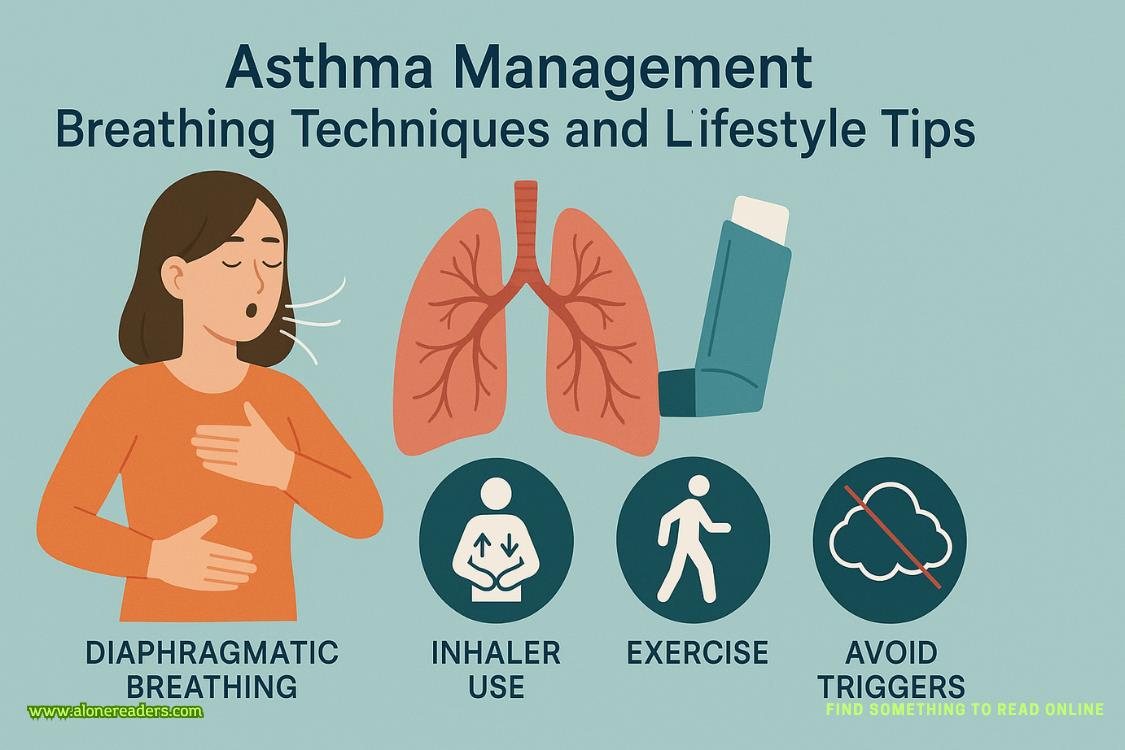“Wow.” Mary sat down on a stool at the kitchen island. “I’m loving the you-making-the-dinner thing.”
“It’s the least I can do until I get a job.”
“Aw, don’t worry, you will.” Mary knew it bothered him that he was still out of work. Anthony had a Ph.D. in American History and had taught at Penn and Drexel, but there were no openings on the tenure track in the area. He’d been offered a tenured position at Stanford but had turned it down because Mary didn’t want to leave Philadelphia.
“So you say.” Anthony went into the refrigerator, pulled out a bottle of Lambrusco, and twisted off the wire around the neck.
“How was your day?”
“Good. Did some research. Found an article I hadn’t before.”
“Nice.” Mary was proud of him, because he was using thedowntime to finish his book, a nonfiction account of anarchism in 1930s America. He would rather be teaching, but he never complained, and she made enough money to support them. It wasn’t the way he wanted it, but she knew it was temporary.
“I worked here instead of the library. The air-conditioning’s better.” Anthony popped the cork, and Mary could smell the bouquet of the fruity Lambrusco.
“Ah, the perfect summer wine.”
“You say that every time. Even in winter.” Anthony smiled, pouring.
“So fill me in on what happened. That’s so sad, about Rachel.”
“I know.” Mary told him the whole story, bringing him up to speed about everything, including Rachel’s turn for the worse, her father at the hospital, and the fight over her representing Simon. They talked easily back and forth, as usual, and she finished by telling him about how she was waiting to hear whether Bennie would try to settle the lawsuit informally. “So I’m hopeful.”
“You should be. It’s common sense. Only lawyers see things adversarially all the time. It encourages conflict in a way. Peace is better than war. Communication can work wonders. Look at Yalta.”
“Right.” Mary got the gist, though half the time, she had no idea what he was talking about. And if she asked him to explain, they’d be up all night.
“It’s so terrible about Rachel. Simon must be scared out of his mind. First you lose your wife, then maybe your daughter?Andyour job? Sheesh.” Anthony pushed away his empty salad plate.
“I know, but he handles it all, somehow.”
“Does he?” Anthony paused, his expression darkening. “Or maybe it justlookslike he handles it.”
Mary thought the way he said it made her wonder if he was talking about himself.
“I think I’ll go to the hospital tomorrow. Check in on him.”
“That would be nice,” Mary said, touched. She stroked his back. “Let’s go upstairs.”
“What about the dishes?”
“Leave the dishes.”
“Whoa, now we’re getting crazy.” Anthony grinned, but just then, Mary’s phone started ringing, a faint sound coming from her purse, which she’d left in the entrance hall.
“Hold on, it might be Bennie!” Mary jumped up and ran for the entrance hall, but she reached it as the rings stopped. She dug inside her purse, found her phone, and checked the screen. The call had been from Bennie, who was still in Mary’s contacts as Da Boss.
Mary pressed Redial, holding her breath.
CHAPTER EIGHT
The next morning, Bennie parked in the visitors’ lot at OpenSpace, a boxy building of tan stone with an all-glass entrance on the left. To the right were the corporate offices, a tan façade interrupted by two strips of black smoked glass, and tucked behind was a seven-thousand-square-foot manufacturing facility of tan corrugated tin, plus loading docks. The employee parking lots flanked the building, and they were full because the first shift started two hours ago, at six o’clock.
Last night, Bennie had told Mary on the phone that she was going to give her idea a try and see if she could settle the case, so here she was, against better judgment. She got out of the car with her purse and messenger bag, ignoring the humidity, walked the concrete path to the entrance, and entered the building. It was insanely air-conditioned, so she was glad she had on her khaki blazer, which had become her uniform. She didn’t like to worry about what she was going to wear every day, and it made getting ready easier. She strode to the reception area, shaped like a cubicle itself, with gray-paneled walls and functional gray seating around a glass-and-chrome table.
“Hello, may I help you?” asked the receptionist, a young brunette with short hair.
“Yes, thank you.” Bennie slid her driver’s license out of her wallet as she introduced herself. “I have a meeting with Todd Eddington and Jason Worrall.”















